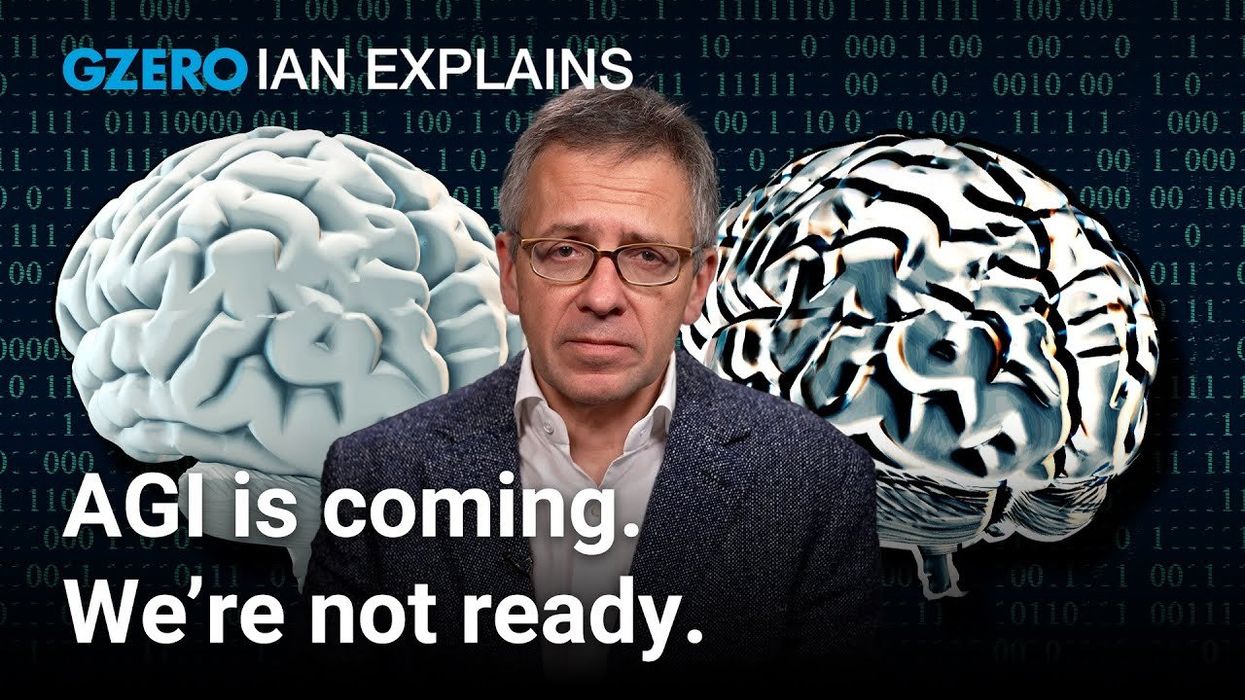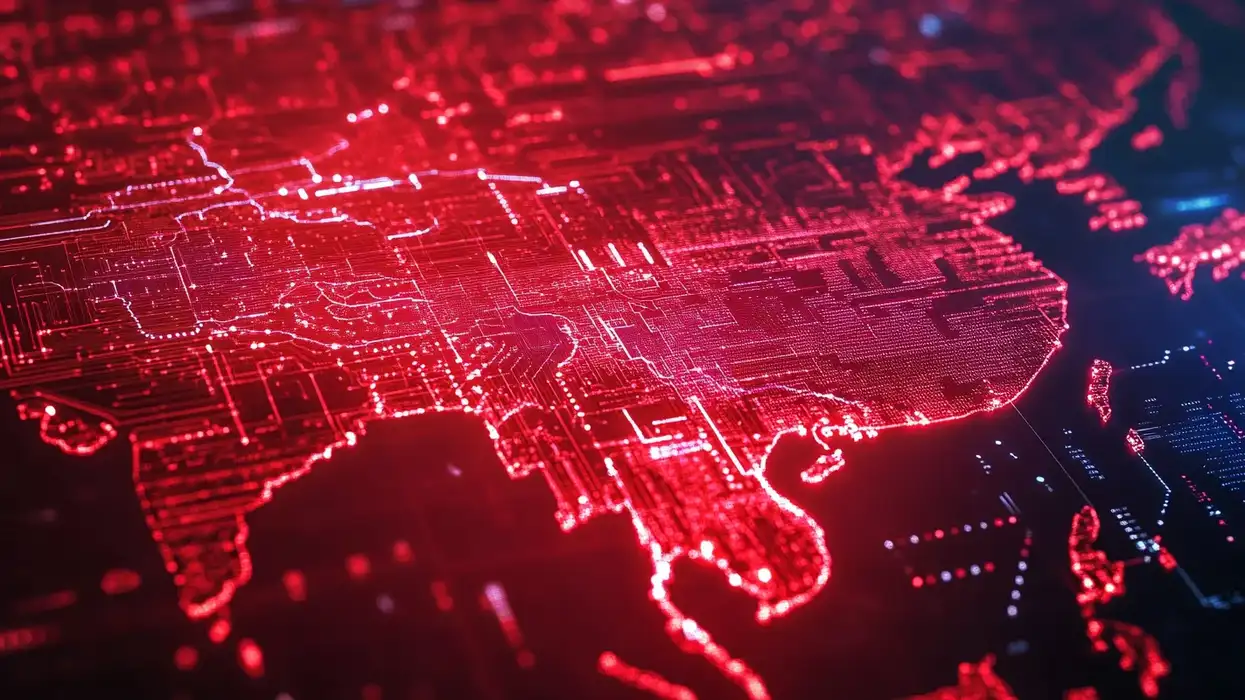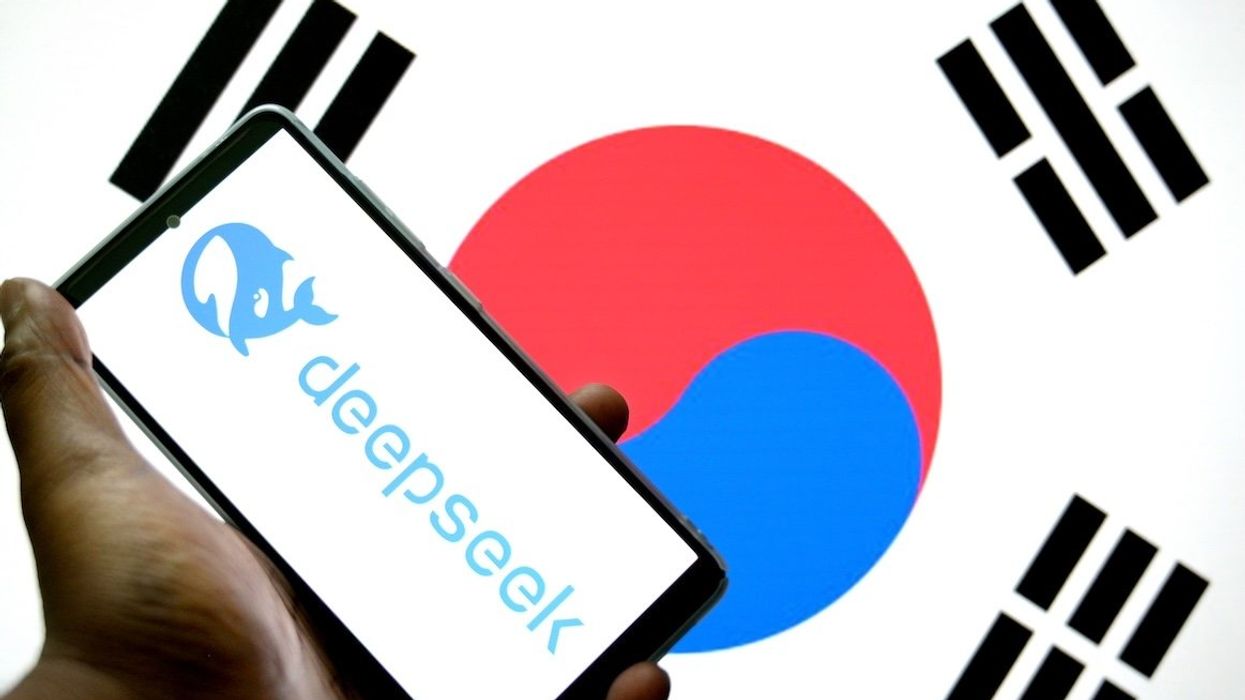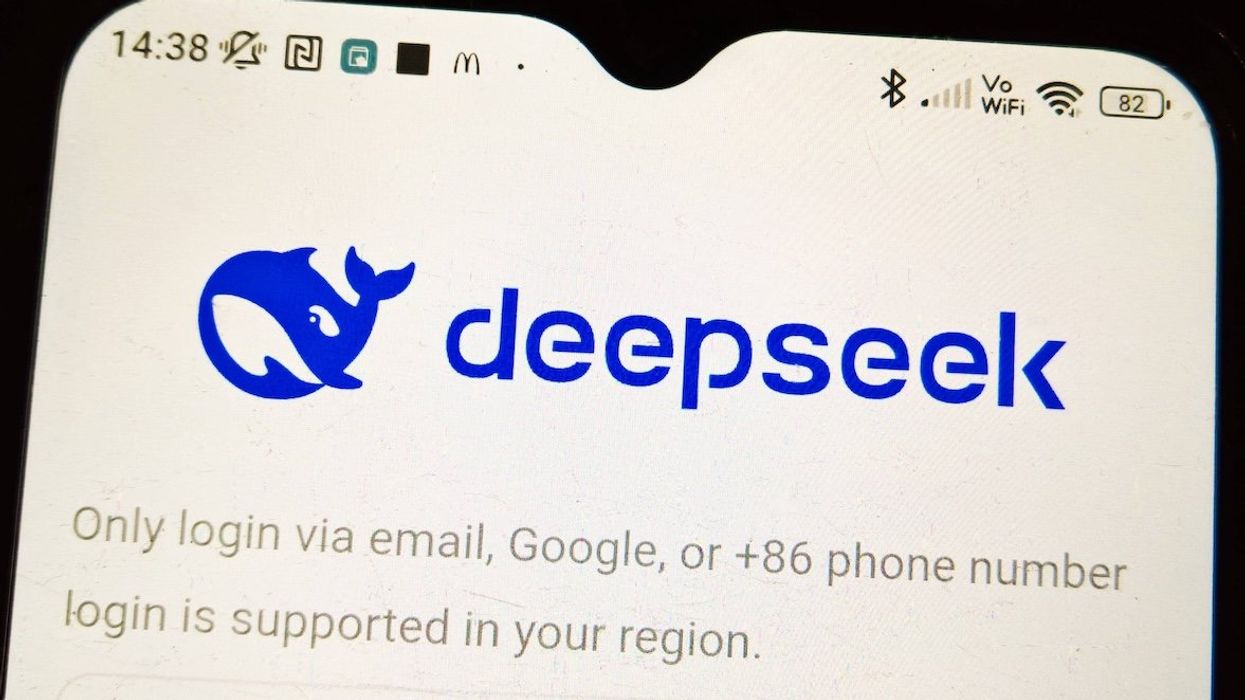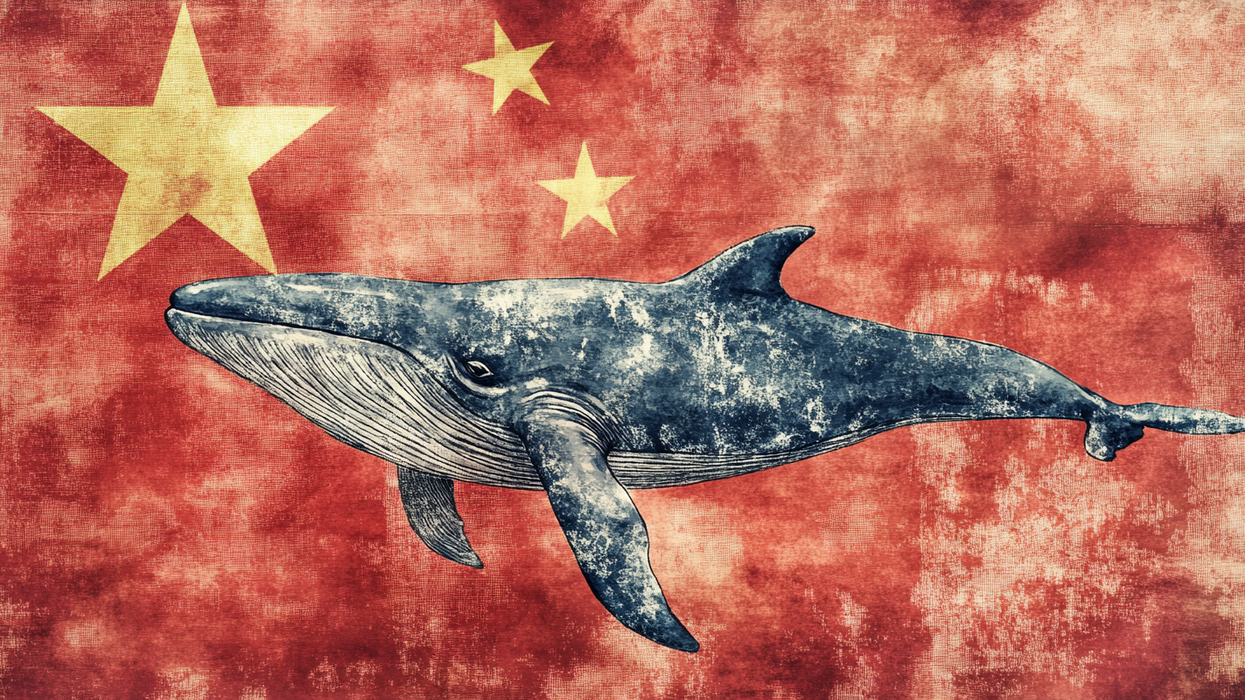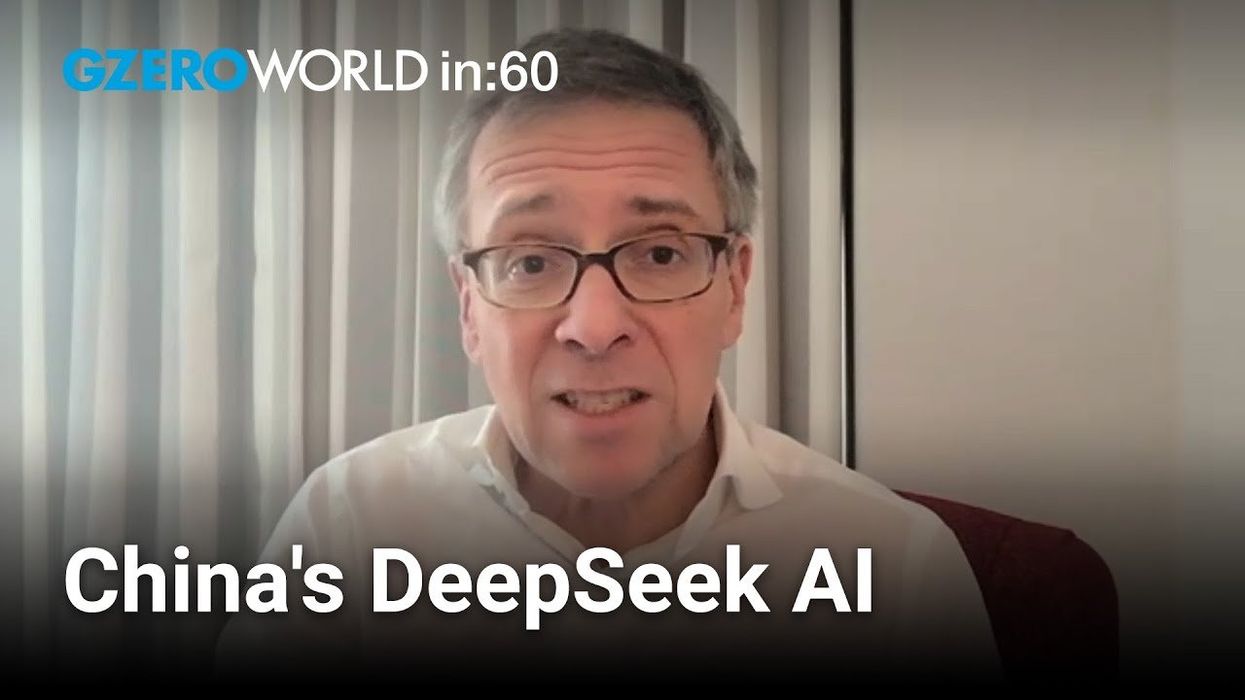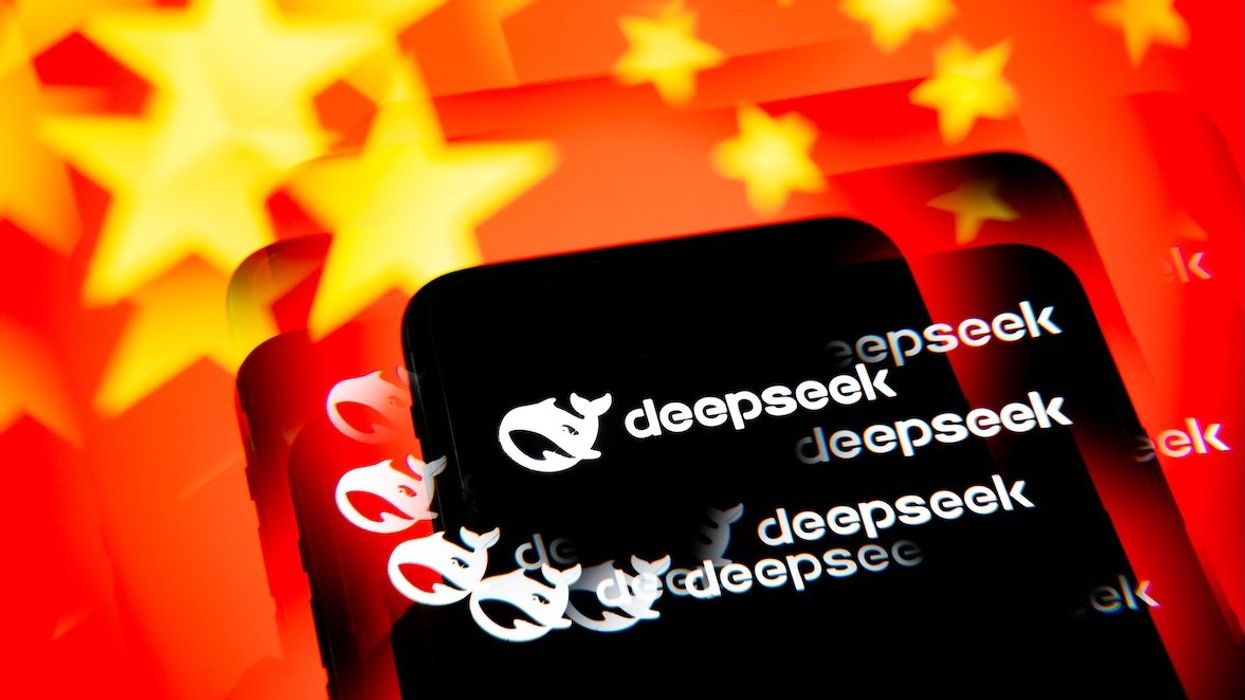GZERO World with Ian Bremmer
AI superintelligence is coming. Should we be worried?
Powerful AI that surpasses human intelligence will transform our world, is society ready? In the latest episode of GZERO World, Ian Bremmer sits down with Daniel Kokotajlo, co-author of AI 2027, a new report that forecasts how artificial intelligence might progress over the next few years.
May 19, 2025

